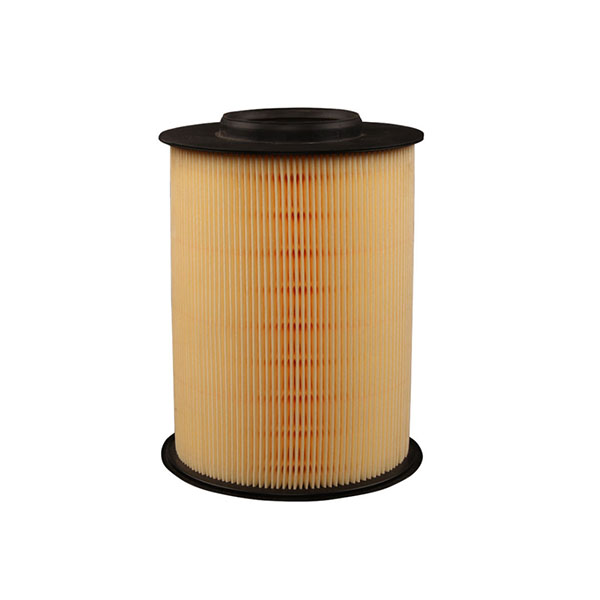Dis . 27, 2024 05:23 Back to list
best polyester air filter material
The Best Polyester Air Filter Material A Comprehensive Overview
In today's world, clean air is more crucial than ever. With rising pollution levels and a growing awareness of indoor air quality, air filtration has become a vital aspect of maintaining a healthy environment. Among the various materials used for air filters, polyester stands out as one of the best options available. This article will explore the characteristics, advantages, and applications of polyester air filter material, showcasing why it is a preferred choice for many filtration systems.
Characteristics of Polyester Air Filter Material
Polyester, a synthetic polymer, is known for its durability and resilience. It possesses excellent tensile strength, which means it can withstand significant pressure and stress without tearing or deforming. Polyester fibers are hydrophobic, meaning they repel water, which is advantageous in preventing mold and mildew growth on the filter's surface. Additionally, polyester is non-toxic and resistant to chemicals, making it suitable for various environments, including industrial settings.
The density of polyester fibers can be altered to create filters with different levels of porosity and filtration efficiency. Commonly, polyester air filters employ a spun-bonded or pleated design, allowing for a greater surface area to capture airborne particles effectively.
Advantages of Polyester Air Filter Material
1. High Filtration Efficiency Polyester filters can effectively capture a wide range of airborne particles, including dust, pollen, pet dander, and mold spores. This efficiency is crucial for maintaining indoor air quality, reducing allergens, and ensuring a healthier environment for occupants.
2. Long Lifespan Unlike traditional paper filters, which may need to be replaced frequently, polyester filters can often last longer. Their durability reduces the frequency of replacement, resulting in cost savings over time.
best polyester air filter material

3. Easy Maintenance Many polyester filters are washable and reusable. This feature not only reduces waste but also allows users to maintain optimal airflow and filtration efficiency over an extended period.
4. Versatility Polyester air filter materials can be tailored to a variety of applications. From residential HVAC systems to industrial air filtration units, polyester is adaptable and can meet the specific needs of different environments.
5. Cost-Effectiveness Given their longevity and efficiency, polyester air filters often offer a great balance between performance and cost. While they may have a higher upfront cost compared to some disposable filters, their extended lifespan can lead to overall savings.
Applications of Polyester Air Filter Material
Polyester air filter material is widely used in numerous applications, making it a versatile choice for various industries. In residential settings, polyester filters are commonly used in HVAC systems, improving indoor air quality and ensuring the efficient operation of heating and cooling systems.
In commercial environments, polyester filters are employed in offices, schools, and hospitals, where clean air is paramount to occupant health and productivity. They are also utilized in industrial applications, including manufacturing and food processing, to maintain air quality and comply with regulatory standards.
Conclusion
As air quality continues to be a major concern globally, the importance of effective air filtration cannot be overstated. Polyester air filter material has emerged as one of the best options available, thanks to its durability, high filtration efficiency, and versatility across various applications. With its numerous advantages, investing in polyester air filtration systems is a proactive step towards ensuring healthier indoor environments, reducing allergens, and enhancing overall quality of life. Whether for residential, commercial, or industrial use, polyester filters represent a reliable solution for maintaining clean air in any setting.
-
Premium Active Carbon Air Filter for Air Purifiers - Odor Removal
NewsAug.21,2025
-
Premium Acrylic-Resin Air Filter Paper in Roll | High Efficiency
NewsAug.19,2025
-
PLAB-6 A B Two Compounds Filter End Cap Gluing Machine-Hebei Filter Man|Precision Gluing,Automated Production
NewsAug.18,2025
-
PLAB-6 A B Two Compounds Filter End Cap Gluing Machine - Hebei Filter Man Automotive Parts Trading Co., Ltd | Adjustable Gluing Parameters, Automated Precision
NewsAug.18,2025
-
PLAB-6 A/B Two Compounds Filter End Cap Gluing Machine-Hebei Filter Man|Precision Engineering&Efficiency
NewsAug.18,2025
-
Active Carbon Air Filter for Purifier: Superior Air Quality & Odor Removal
NewsAug.18,2025
